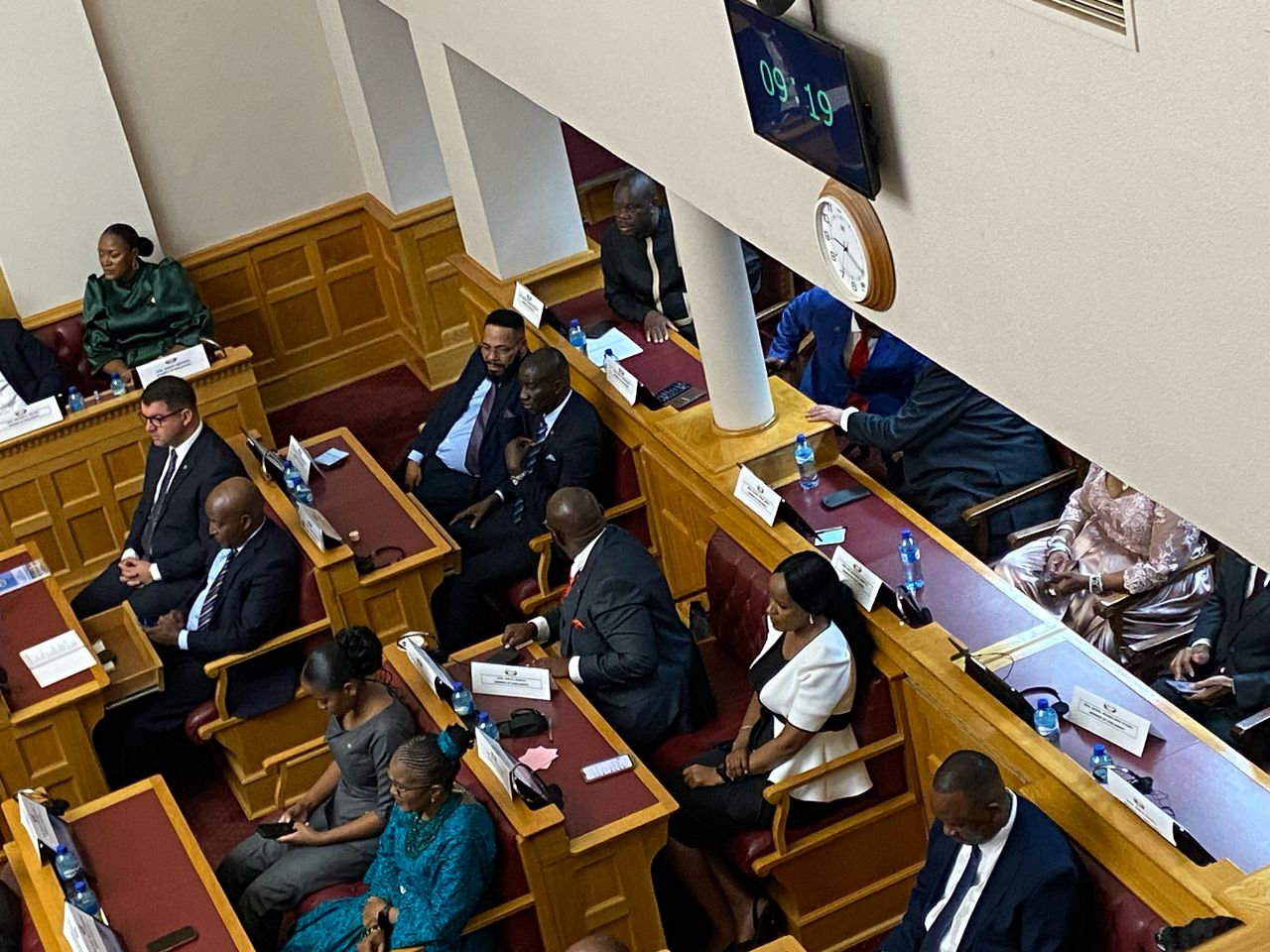Getting a tertiary qualification and still being unemployed is devastating.
Unemployed Windhoek graduate Selma Haiduwa (27) knows this very well.
“I can recall the sleepless nights, completing school assignments, online tests, and studying hard for the exams during the Covid-19 pandemic. The journey wasn’t easy,” she says.
“I didn’t expect to be unemployed for this long after graduating. In the second year of being unemployed, I started getting depressed.”
Haiduwa says her dream was to become a teacher after obtaining a diploma in preprimary education at the International University of Management.
“I looked for a job almost every day. I applied for any job I came across. I studied to hold a piece of chalk, not a broom. My former classmates already got employed, and I felt like I was not moving ahead,” Haiduwa says.
As the single mother of a three-year-old boy, providing for her child is her biggest challenge.
It hurts to borrow from or depend on other people, she says.
Haiduwa has since turned to cleaning and doing laundry to survive.
“Business has been good due to social media marketing,” she says.
Some clients, however, are slow to pay, she says.
“I am grateful for the support of my parents, siblings, friends and social media followers, who keep motivating me to work harder. They keep me going.” Haiduwa says her son gives her a reason to get up every day.
She plans to extend her business and employ other unemployed graduates, she says. Haiduwa’s sister, Ndinelao Haiduwa (22), says it’s sad to see what her sister is going through. She is often mocked for being an unemployed graduate, she says. “Dear unemployed graduates, find something to do and have faith,” Haiduwa says.
“I am running my laundry business while hoping to get employment,” she says.
An industrial social work specialist at the University of Namibia, Lovisa Nghipandulwa, says unemployment can be an emotional roller coaster. It can later turn into hopelessness, bitterness, sadness and anger.
The children of unemployed parents are likely to become vulnerable, and unemployment also affects the way parents interact with their children.
Haiduwa’s friend and client, Simson Philipus, says he has known Haiduwa for four years. She is a hard-working person, he says. “Clothing is returned very clean, and she washes by hand – regardless of the weather,” he says.
Stay informed with The Namibian – your source for credible journalism. Get in-depth reporting and opinions for
only N$85 a month. Invest in journalism, invest in democracy –
Subscribe Now!










